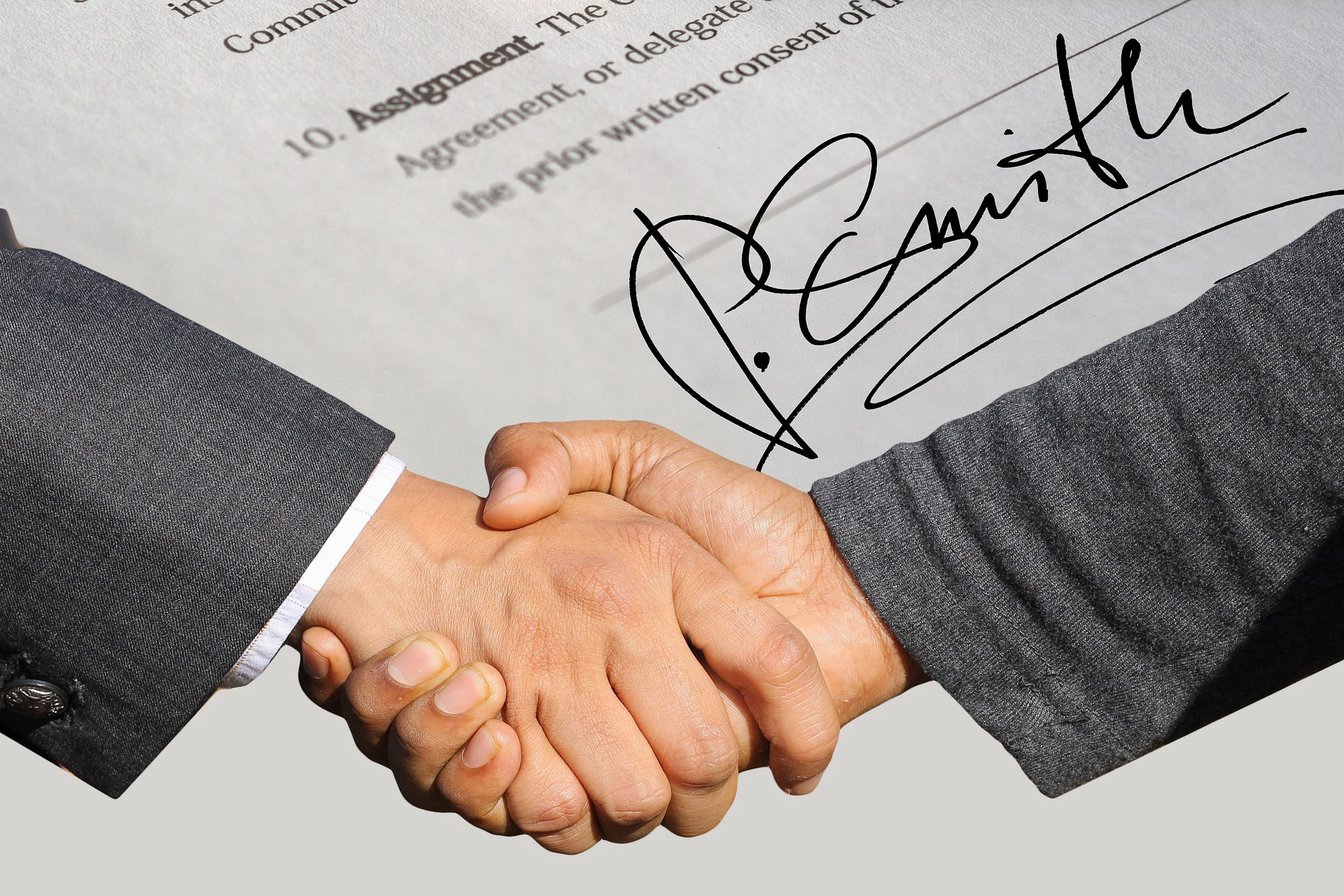
Are you contemplating getting a loan but are overwhelmed by the various types out there? Ever heard about a signature loan and wondered what it was? Well, buckle up, as we're about to embark on a comprehensive journey into the world of signature loans!
Applying does NOT affect your credit score!
Key Takeaways
Definition and Use: A signature loan, also known as a personal or unsecured loan, requires no collateral. The loan amount can be used for a variety of purposes, such as funding personal projects, emergencies, or consolidating debts.
Benefits: These loans are easily accessible, flexible in their use, and don't require any assets as collateral. This makes them a popular choice for a wide range of borrowers.
Risks: Signature loans typically come with higher interest rates due to their unsecured nature. There's also a potential risk of falling into a debt trap if the loan isn't managed responsibly.
Qualification: Eligibility for a signature loan is primarily based on credit score, income stability, and debt-to-income ratio. It's essential to compare different lenders' rates and terms before settling on a loan offer.

Let's start simple. A signature loan, often referred to as a personal or unsecured loan, is a type of loan that requires no collateral. The lender relies on your promise—signified by your signature—to repay the borrowed money.
So, how does this loan operate? Signature loans typically involve borrowing a lump sum from a lender, which you agree to pay back in regular installments over a fixed term. The interest rates for these loans can vary, often based on your creditworthiness.
You might wonder, "Why would anyone take out a signature loan?" Great question! From financing a wedding, consolidating debts, covering an unexpected expense, to embarking on a home improvement project—signature loans have got you covered!
When you think about loans, you're probably thinking about the benefits. What's in it for you? Let's explore the perks that come with signature loans.
First, signature loans are unsecured. That means you don't have to put up any assets as collateral, offering a peace of mind that your property won't be seized if things don't go as planned.
Signature loans are fairly accessible. Even if you don't own a property or have an asset to use as collateral, you can still qualify for a signature loan, which makes it a popular choice among a wide range of borrowers.
What's more? These loans are highly flexible. You can typically use a signature loan for any legal purpose, giving you the freedom to use the funds as you see fit.
Applying does NOT affect your credit score!

However, it's not all rosy. Just like any financial product, signature loans have their drawbacks.
Due to their unsecured nature, signature loans often carry higher interest rates than secured loans. This is because the lender is taking on more risk by not requiring collateral.
Without responsible use and a clear repayment plan, a signature loan can potentially lead to a cycle of debt. It's crucial to borrow only what you can afford to repay.
Now, let's take a look at what it takes to qualify for a signature loan.
Your credit score plays a pivotal role in determining your eligibility. A good score can also fetch you a lower interest rate. So, it's in your best interest to maintain a healthy credit history.
Lenders want to see proof that you have a steady income—this demonstrates your capacity to repay the loan.
Your debt-to-income ratio, which compares your monthly debt payments to your gross monthly income, is also an important consideration for lenders. A lower ratio means you have a good balance between your debt and income.
Before diving in, make sure to do your homework. Compare rates and terms from different lenders, and understand the total cost of the loan, including any potential fees.
Signature loans can be a viable financial tool when used wisely. They offer convenience, flexibility, and quick access to funds. However, they also carry risk, and must be approached responsibly.
What's the difference between a secured loan and a signature loan?
A secured loan requires collateral such as a house or car, while a signature loan does not. If you default on a secured loan, the lender can take possession of the collateral.
Can I get a signature loan with bad credit?
Yes, but it might be more challenging, and you might face higher interest rates.
Are there any hidden fees associated with signature loans?
Fees can vary among lenders. Always ensure to read the terms and conditions before signing.
Is it possible to pay off my signature loan early?
Yes, most lenders allow early repayments. However, some may charge prepayment penalties.
How fast can I get a signature loan?
With the necessary documents, some lenders can approve your loan on the same day of application.
Applying does NOT affect your credit score!